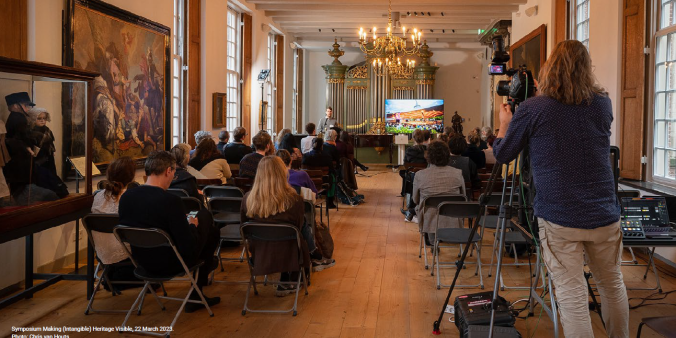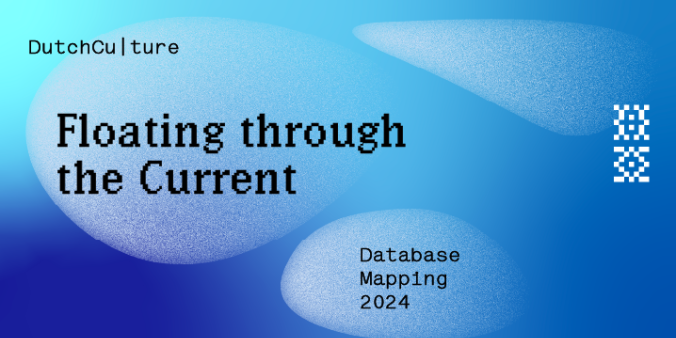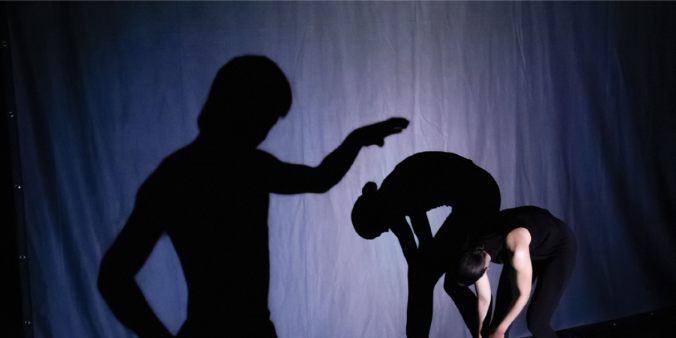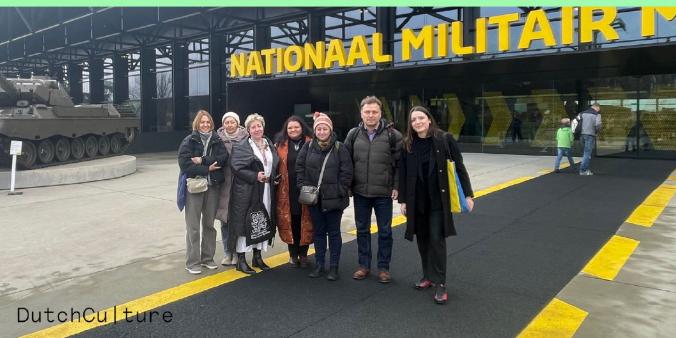
A new study by DutchCulture, commissioned by the City of Amsterdam, reveals that international cultural cooperation not only delivers artistic and societal value but also contributes substantially to the Dutch economy. The annual added value can be as much as 10.6 billion euros, which is several times the amount invested. The study thereby demonstrates that investing in international cultural cooperation isn’t just the right thing to do, but certainly a smart thing to do as well.
International cultural cooperation is serious business. The Dutch art and culture sector contributes approximately €14 billion as direct added value to the Dutch GDP, amounting to 1.5% of the total GDP. Within the sector, international cooperation generates up to €10.6 billion of added value: €3.6 billion in direct value and up to €7.0 billion in indirect value, through sectors such as the hospitality industry, business services and suppliers.
Around 25 per cent of the added value in the culture sector derives from exports. As such, the art and culture sector keeps pace with sectors like the hospitality industry (21%), construction (15%) and financial services (15%). A further striking finding is how cultural exports go hand in hand with the total trade in goods and services. The study shows that, among the top 10 export partner countries of the Netherlands, there is a strong correlation (approx. 85 per cent) between the volume of exported art and cultural activities and the total export of goods and services. This reveals that cultural cooperation doesn’t just generate its own value, but also paves the way for wider economic relations.
…a powerful economic motor…
The economic value of international cultural cooperation has never before been mapped out in such a broad perspective, and drawing on so many sources. These figures explicate how international exchange forms a powerful economic motor for the Netherlands.
Amsterdam plays a key role in international cultural exchange. The city accounts for more than half of all art and cultural activities exported from the Netherlands. This reveals a cultural infrastructure with an exceptionally strong international orientation. For Amsterdam-based organisations such as the Holland Festival, Internationaal Theater Amsterdam and the Rijksmuseum, international cooperation is an intrinsic part of their identity.
Yet the value of international cultural exchange reaches far beyond the economic domain. It also forms an important stimulus for artistic innovation and sector-wide development. Working with international partners generates new ideas, dialogues and perspectives, inspiring the further development of art disciplines and diversifying the cultural offering. Knowledge exchange through co-productions and co-creations maintains the international character of organisations and boosts their international profile. Studies performed by OECD, UNESCO and WHO moreover show that cultural participation improves people’s well-being as well as cognitive skills, and promotes social cohesion. By challenging stereotypes and addressing issues like sustainability and gender equality, art and culture continually expand their reach.
...diplomatic value...
International exchange additionally fulfils an important diplomatic and relational role. The Dutch government’s international cultural policy acknowledges culture as a form of soft power that strengthens bilateral and multilateral relations. Studies by UNESCO, the European Commission and the British Council show how cultural programmes improve public diplomacy, enable the exchange of knowledge and competencies, and offer neutral platforms when classic diplomacy falls short. Through networks and programmes such as Creative Europe, projects are co-funded that contribute to more durable partnerships and a stronger international network.
The importance of international cultural policy is borne out by the interplay of economic, artistic, social and diplomatic values. It is in particular this wide-ranging impact that makes it ever more essential to continue to support this exchange, also in times of cutbacks. That is why the City of Amsterdam is choosing to take a clear step forward by earmarking additional resources for internationalisation. DutchCulture stands shoulder to shoulder with the municipality and with makers in the art and culture sector to highlight, reinforce and preserve the power of international cultural cooperation.






